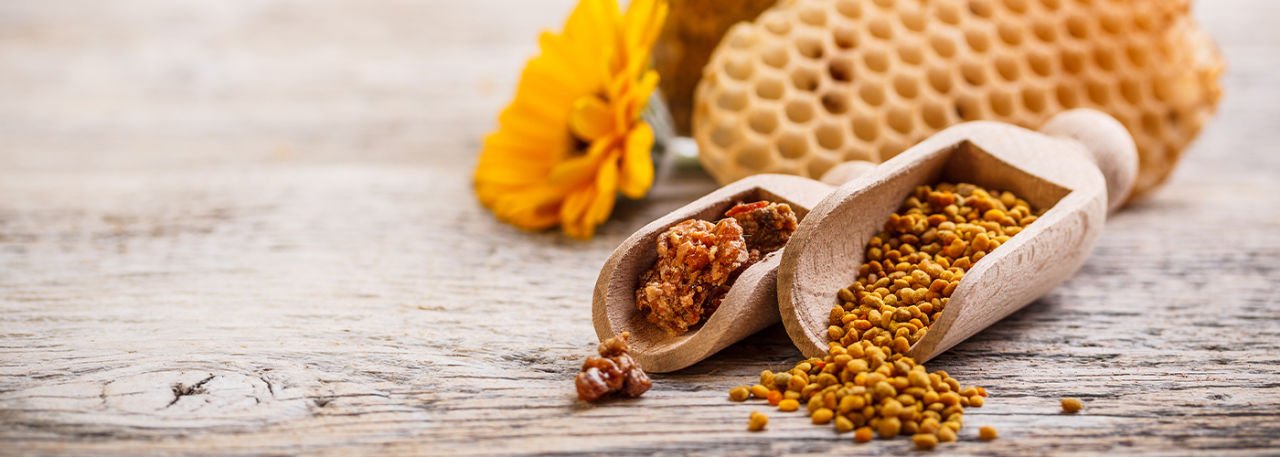WHAT DOES PROPOLIS DO? WHAT ARE THE BENEFITS OF PROPOLIS?

WHAT DOES PROPOLIS DO? WHAT ARE THE BENEFITS OF PROPOLIS?
Propolis is a substance for hive insulation and it is used by bees to close the holes and ensure the hive hygiene. It is the main element for ensures that inside of hive is fully protected. However, propolis have antimicrobial properties which prevents bacteria and similar organisms to entering the hive.
What does Propolis do?
Bees use propolis to fill and stick the cracks, provide an ideal temperature for the good of the colony, and prevent predators from entering the hive. One of the most widely known and most researched properties of propolis is its antimicrobial activity. (1,2) Propolis, which is so strong in protecting the hive, also has antibiotic properties. Propolis protects the hive as an antibiotic, at the same time renews the cells of bees.
What Are the Benefits of Propolis?
• Many scientific studies have been conducted on the effect of propolis on various bacteria, fungi, viruses and other microorganisms..(1,2)- • The most important substances that provide this effect and are found in propolis are quercetin, caffeic acid and diterpenoid from klero. Caffeic acid esters have been identified to chemically inhibit tumor formation. The effect of propolis on cancer is mainly due to its immune system regulating and strengthening effect(2,3)
- • It has been determined that dihydroflavonoids in propolis strengthen capillaries and create antihyperlipidemic activity.(4)
- • Propolis, which reduces total cholesterol, triglyceride and low density lipoprotein in the blood, has a protective effect on the heart by decreasing lipid peroxidation in vascular tissues.(5)
How to use Propolis?
Liquid propolis can be used as a drop directly into the mouth or by dropping it in water. Propolis tablets and propolis capsules obtained by the extract method can be consumed with food as a supplement with plenty of water. Honey mixtures containing propolis can be consumed by mixing before using.
References
- Kujumgiev, A., Bankova, V., Ignatova, A., and Popov, S., "Antibacterial activity of propolis, some of its components and analogs” Pharmazie, 48, 785–786 (1993)
- De Castro, S.L., Higashi, K.O., "Effect of different formulations of propolis on mice infected with Trypanosoma cruzi” J. Etnopharmacol., 46, 55–58 (1995).
- Güney, M., B. Oral, N. Karahan, and T. Mungan. 2007. Protective effect of caffeic acid phenethyl ester (CAPE) on fluoride-induced oxidative stress and apoptosis in rat endometrium. Environ Toxicol Pharmacol. Sep. 24 (2): 86-91.
- Barak, V., S. Birkenfeld, and T. Halperin. 2002. The effect of herbal remedies on the production of human inflammatory and anti-inflammatory cytokines. IsrMed Assoc. J. 4 (11 Suppl): 919-922.
- Fuliang, H. U., H. R. Hepburn, H. Xuan, M. Chen, S. Daya, and S. E. Radloff. 2005. Effects of propolis on blood glucose, blood lipid and free radicals in rats with diabetes mellitus. Pharmacol Res. 51 (2): 147-52.
